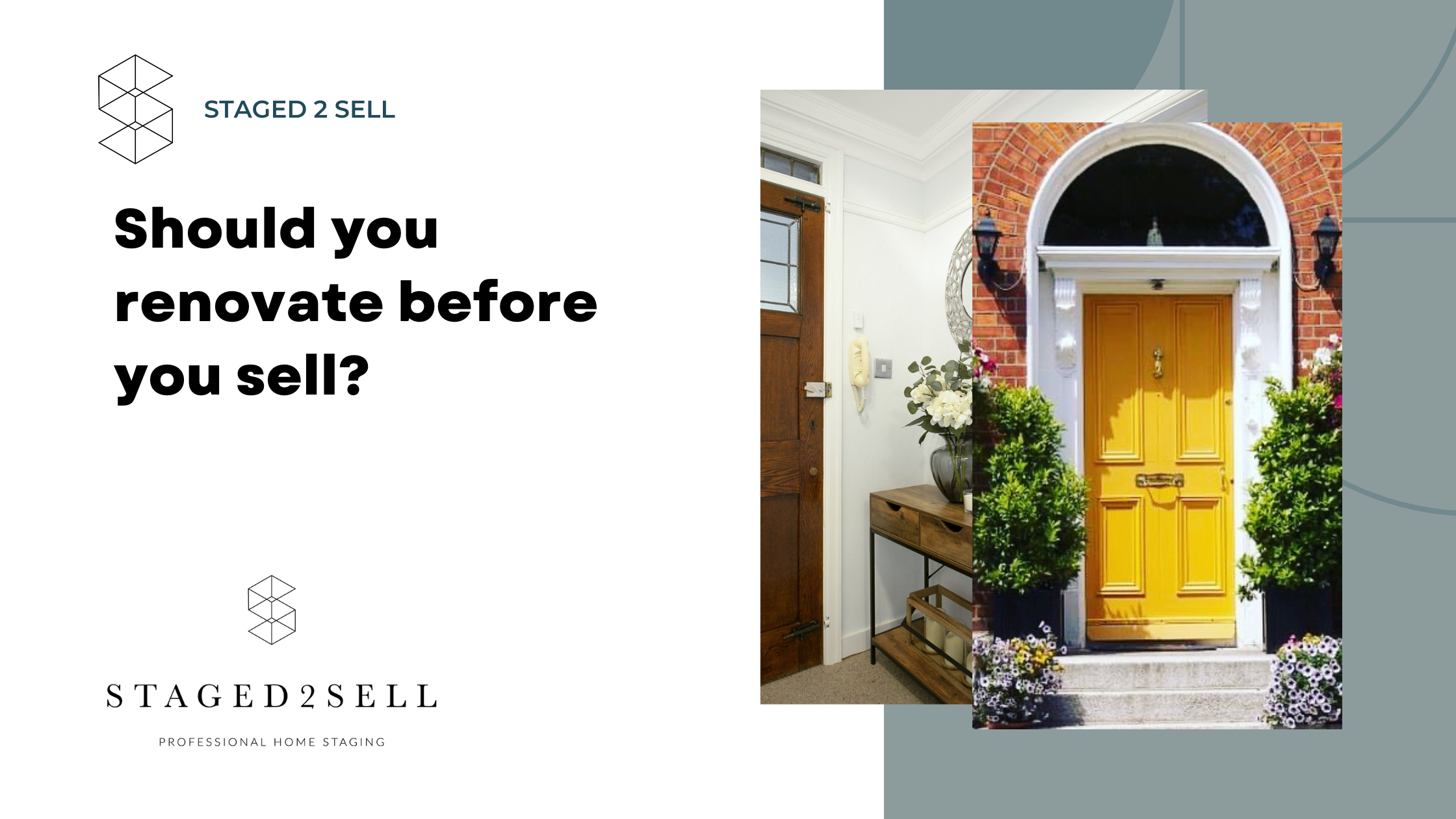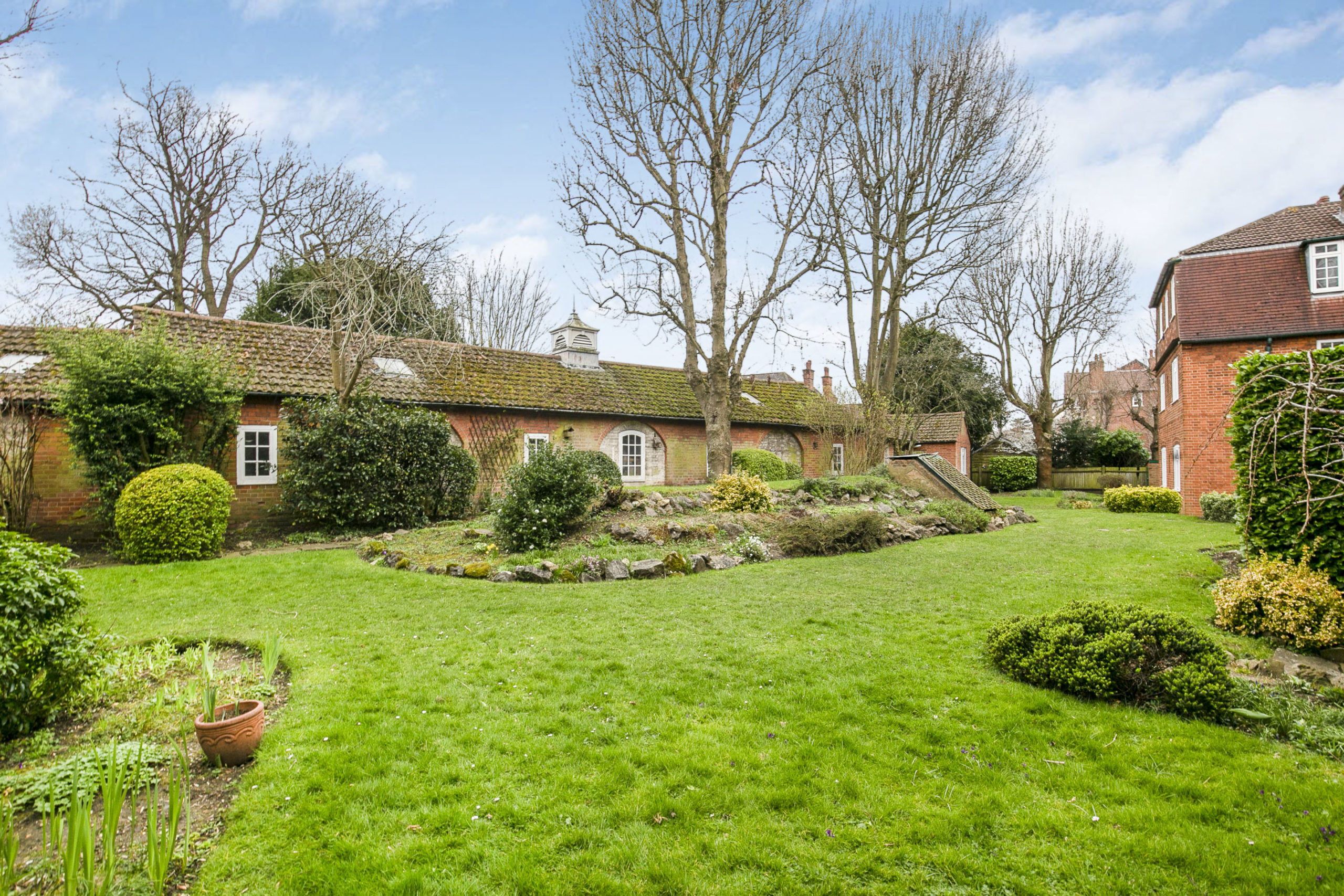
Should you renovate before you sell?……
You’re thinking about selling your house, it’s likely that you want to know how to make sure you’ll get the best price for it. The money you walk away with might be the difference that means you’re able to afford your dream home, live in a certain neighbourhood, or take a long holiday.
One way many people try to boost the value of their homes is with renovations. Home improvements can be as small as repainting, or as large as an extension.
Every seller wants to achieve the maximum sale price for their property, and a quick renovation could make the difference.
- Looking at the houses for sale in your area, is there something they all have that yours doesn’t have? Are you able to add that element to your property without vastly altering the existing footprint of the house?
For example, if all the properties in the area have solar panels or an ensuite, you may consider updating your home to compete with the other houses on the market.
- Work out who your ideal buyer is before you spend any money. Analyse the demographics of your area and then look at renovating to target them.
For example, If you’re targeting families, make sure your backyard is fenced and secure. If you think your place might suit a single parent, you could spend some money on security screens or alarm systems. Retirees might appreciate an easy-care lawn or a backyard shed.

Other areas to consider of any structural issue – One of the most important things:
The most important thing to do if you’re selling your home is to fix any outstanding structural problems. Anything wrong with the structural integrity of your property can massively impact the value of your home. This is because structural issues can make it difficult for buyers to get a mortgage. So, if you don’t fix the problem before you sell, you’ll limit your pool of buyers to just those who can purchase in cash. Usually this means you’ll have to sell for less too.
The sort of structural issues that should take priority when you start renovations include:
- Subsidence
- A leaking roof
- Missing roof tiles
- Rising damp
- Structural cracks in internal or external walls
- Bowing walls
- Rotten joists or roof timbers
- Insect infestations – particularly woodworm, which burrows into timber and destroys its structural integrity
Repairing these issues are likely to be the most expensive type of renovation. But, they will also add a huge amount of real value to your property. They can even be the difference between whether you’re able to sell or not.
Start your research by talking to your local real estate agent. In many cases, you can fix up a few things rather than doing a full-scale renovation. Remember once you have completed any revocation, contact me and I will stage your home to help you get the maximum selling price.
How to Stage a Property on a Budget (Without Compromising Style)
How to Stage a Property on a Budget Selling a home doesn’t have to drain your wallet. Learning how to stage a property on a budget means making smart choices that maximise impact while keeping costs low. Even simple tweaks can make a huge difference in how buyers...
How to Optimise the Price of Your House Through Staging
How to Optimise the Price of Your House Through Staging When it comes to selling your home, presentation is everything. Staging isn’t about redecorating for your own taste, it’s about creating a space that appeals to the widest pool of buyers and makes them imagine...
What Rooms Should You Stage to Sell Your Home Faster in 2025?
What Rooms Should You Stage to Sell Your Home Faster in 2025? You don’t always need to stage every inch of your property. But if you’re asking what rooms should you stage in 2025, here are the ones that matter most:1. Living Room The emotional hook. Buyers imagine...
The Neuroscience of ‘Feeling at Home’: How to Trigger Emotional Buying Responses
When it comes to selling property, most people focus on features: square footage, number of bedrooms, postcode. But here’s a powerful truth that great stagers and estate agents understand intuitively — buyers make decisions emotionally first, and rationally second....
Use Trending Styles (Within Reason): How to Stage with a Timeless Yet Trend-Forward Twist
Home staging is as much about setting a mood as it is about selling square footage. And in a visual-first world, staying in touch with design trends gives your properties that irresistible “I want to live here” quality. But here’s the catch: go too far with trends,...
Film Your Staging: Why Short Videos Are Now Essential for Selling Homes
Gone are the days when a handful of static listing photos and a brochure could seal the deal. In today’s market, video content is king — and if you're not filming your staging, you're missing one of the most powerful tools in modern property marketing. Whether you’re...
Embrace Micro-Moments: The Secret to Staging Homes That Stick in Buyers’ Minds
In an era where attention spans are shrinking and first impressions happen in under five seconds, it’s no longer enough to stage a room — you need to stage a moment. Enter the concept of micro-moments: small, emotionally resonant scenes within a space that captivate,...
Property Staging vs Interior Design: What’s the Difference in 2025?
Property Staging vs Interior Design: What’s the Difference in 2025? Still confused about property staging vs interior design? You’re not alone. In 2025, the lines are often blurred - but knowing the difference can help you sell faster. What Is Property Staging?...
Is Property Staging Worth It?
Is Property Staging Worth It? If you’re asking yourself, is property staging worth it in 2025, the short answer is: yes, more than ever. With the property market still competitive and buyers expecting high standards, staging is no longer a nice-to-have, it’s...
The TikTok Effect: How Short-Form Video is Shaping Buyer Expectations
The TikTok Effect: How Short-Form Video is Shaping Buyer Expectations In today’s hyper-visual world, buying a home no longer starts with a visit — it starts with a swipe. Social media, especially short-form video platforms like TikTok, Instagram Reels, and YouTube...
Recent Comments